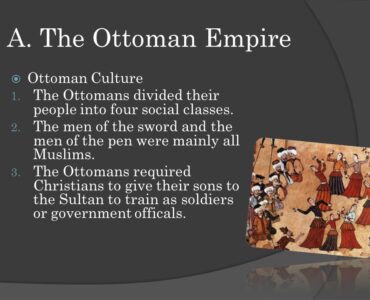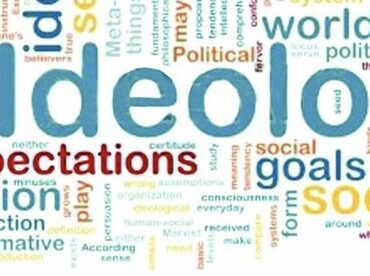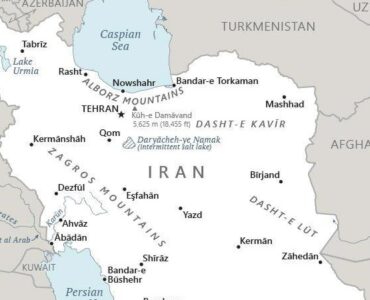
What Does Islam Say About Poverty And Social Justice?
One of the most striking and controversial elements of the Qur’an at the time when it was revealed was its firm commitment to social justice, a significant threat to the tribal power structures in place.
Rather than accepting the principle that the strongest are the most powerful, the Qur’an emphasized the responsibility of Muslims to care for and protect each other, regardless of socioeconomic status. In fact, the Qur’an repeatedly emphasizes the need to care especially for those who were outcasts under the tribal system — widows, orphans, and the poor. One way of doing this was through zakat (almsgiving), which is one of the Five Pillars of Islam. Zakat consists of giving 2.5 percent of one’s total wealth annually to support the less fortunate. In addition, usury, or the collection of interest, was forbidden because it served as a means of exploiting the poor. False contracts were also denounced. The Qur’an and Sunnah (example of the Prophet) further give Muslims permission to engage in armed defense of downtrodden men, women, and children (Qur’an 4:74–76) and those who have been wronged, particularly those who have been driven out of their homes unjustly (22:39–40).
Through all of these declarations, the Qur’an emphasized the responsibility of the rich toward the poor and dispossessed. The new social order called for by the Qur’an reflected the fact that the purpose of all actions was the fulfillment of God’s will, not following the desires of tribes or of self. By asserting that all believers belong to a single universal community (ummah), Muhammad sought to break the bonds of tribalism and place Muslims under a single prophetic leader and authority.
Issues of social justice came to the forefront of Muslim societies in the early twentieth century with the rise of industrialism. The influx of large numbers of peasants from the countryside into urban areas created social and demographic tensions that led to a crisis, particularly in Egypt. The Egyptian Muslim Brotherhood, founded in 1928, proposed Islam as the organizational and religious solution to poverty and assistance to the dispossessed and downtrodden. Its founder, Hassan al-Banna, taught a message of social and economic justice, preaching particularly to the poor and uneducated. In al-Banna’s vision, Islam was not just a philosophy, religion, or cultural trend but a social movement seeking to improve all areas of life, not only those that were inherently religious. That is, rather than being simply a belief system, Islam was a call to social action.
Another major ideologue of social justice was the Egyptian Muslim Brother Sayyid Qutb, who later became the ideologue of radical Islam. According to Qutb, Islam’s understanding of social justice takes account of both the material and spiritual well-being of a person. It promotes the absolute equality of all people in the eyes of God. It calls for freedom of conscience and emphasizes the permanent responsibilities of all Muslims toward society. This combination of material and spiritual welfare recognizes that those who are hungry or who have no shelter cannot attend to spiritual matters because they are necessarily preoccupied by the struggle for daily survival. In order for a person to be capable of attention to more spiritual concerns, the absolute necessities of daily life must be provided. Therefore, one of the major responsibilities of the Muslim community must be the eradication of poverty. By caring for their poor, Muslims as individuals and the Muslim community collectively demonstrate their concern and care for their own. It is in this spirit that zakat should be understood. It is a required social responsibility intended to combat poverty and to prevent the wealthy from accumulating and holding on to all of their wealth while the poor remain poor.
The redistribution of wealth is intended to break the cycle of poverty and to verify that the daily necessities of all Muslims are cared for. This redistribution of wealth also underscores the Muslim belief that everything ultimately belongs to God. Human beings are simply caretakers, or vicegerents, for God’s property. The redistribution of wealth, therefore, is really about a fairer allocation of God’s resources within the broader community.
In the contemporary era, the Islamist emphasis on Islam’s message of social justice has been particularly powerful in gaining adherents from poorer and less advantaged groups, particularly in Israel-Palestine and Lebanon. Groups like Hamas and Hizbollah devote much of their budgets to social welfare activities and call for the empowerment of the poor and weak. Like Christian liberation theologians, they teach that social justice can only be achieved if the poor rise up against their oppressive conditions.
What Does Islam Say About Poverty And Social Justice?
701 – 025
Last Updated: 11/2021
Copyright © 2017-2021 Institute for the Study of Islam (ISI) | Institute-for-the-study-of-Islam-org | Discerning Islam | Discerning-Islam.org | Commentaries on Islam | © 2020 Tips Of The Iceberg | © 1978 marketplace-values.org | Values In The Marketplace | are considered “Trade Marks and Trade Names” ®️ by the Colorado Secretary of State and the Oklahoma Secretary of State. All Rights Reserved.



